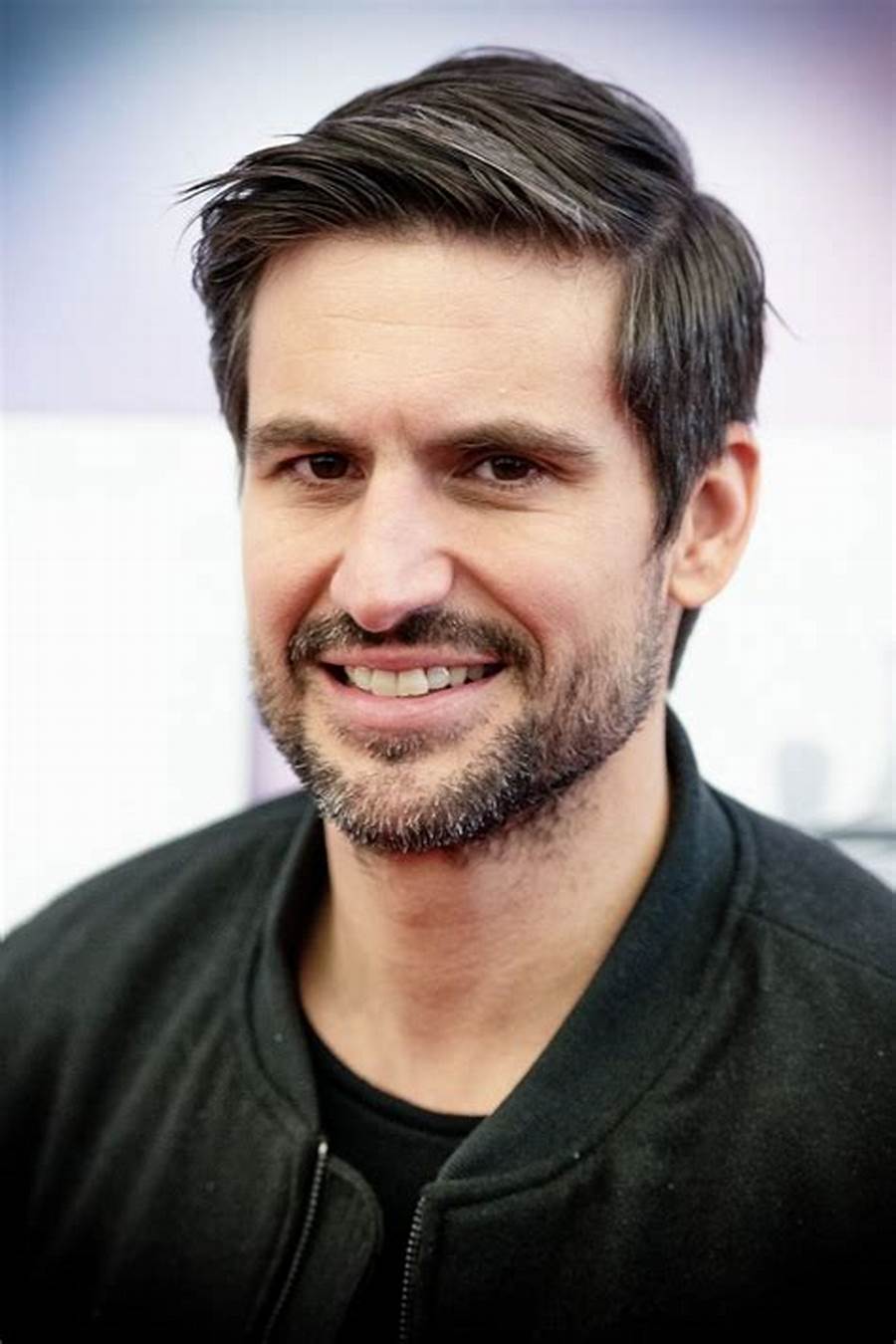Putin’s nuclear weapons rhetoric should be understood as a direct reminder to the West that direct military intervention in the Ukraine conflict Possible leading to the use of Russian nuclear weapons.
This is a chronicle. The chronicle reveals the attitude of the author. You can submit articles and debate posts to VG here.
EVEN HELLAN LARSEN, PhD Fellow, Oslo Nuclear Project at Department of Political Science, University of Oslo
When the world’s greatest nuclear power attacks its neighbors, conflict has an indispensable nuclear shadow over it. Putin feels that his vast nuclear arsenal acts as a shield, enabling him to use conventional military force to attack non-NATO countries without fear of outside military intervention.
The West imposed massive economic sanctions and sent military equipment, but it was clear that they were no will take part in direct combat operations. An important reason for this is the fear of further military escalation, and particularly nuclear escalation, if NATO and Russia face each other in Ukraine.
On the other hand, NATO is clear that the Kremlin will face NATO’s full military might if the conflict spreads beyond NATO’s eastern borders. NATO signaled that Putin could invade Ukraine without encountering military resistance, but he could not go further west.
As Russian bombs began to rain down on Ukraine, President Putin warned in a televised address that anyone who intervenes or threatens his country or people should know that Russia will respond immediately with unprecedented consequences.
As if that weren’t enough, Putin explicitly stated that Russia is one of the most powerful nuclear weapons states in the world, and there is no doubt that any aggressor would be humiliated and face dire consequences, if they attacked Russia head-on. .
On Sunday, the nuclear weapons rhetoric got sharper, when Putin announced that he was increasing combat readiness on his strategic nuclear weapons. It remains unclear what this means in practice, and US and British intelligence report that they have not observed any change in Russia’s nuclear weapons preparedness. This rhetoric of nuclear weapons should be understood as a direct reminder to the West that direct military intervention in conflict Possible leading to the use of Russian nuclear weapons.
The purpose of nuclear weapons is to prevent war. The mechanism behind this is that mutual vulnerability to total annihilation means that neither nuclear power will be at war with each other. On the other hand, the so-called Stability-instability paradox tells us that conventional warfare can actually be more attractive in the shadow of nuclear weapons. The reason is, the mutual vulnerability of nuclear weapons means that no one dares to escalate a less significant conflict into a major war. Therefore, one can “safely” fight conventional warfare without anyone daring to escalate it to direct a major war against another nuclear power.
Therefore, Putin can relatively safely attack neighbors who are not members of NATO or possess nuclear weapons of their own. NATO dared not respond militarily for fear that direct conflict with Russia could lead to the use of nuclear weapons. Even the minimal possibility of a truly devastating war, with nuclear weapons flying over continental Europe, may be enough to deter NATO from military intervention in Ukraine. NATO’s repeated statement that it will not defend Ukraine militarily supports this.
Why can’t the West also safely use conventional military force against Russia without fear of nuclear escalation? Isn’t the Kremlin also reluctant to escalate a conventional conflict into a mutually destructive nuclear war?
Of course, Russia does not want nuclear war, but when Russia has taken the first steps, it has shifted the burden of escalation to NATO. It is up to NATO to decide whether they are ready to go into a great power war and risk escalation.
At the same time, the West has long, rightly or wrongly, been concerned about Russia’s willingness for so-called asymmetric escalation. This refers to the limited use of “smaller” nuclear weapons in response to conventional aggression. Such a limited nuclear strike would first and foremost be a signal of Russia’s willingness to escalate further nuclear escalation.
Under what circumstances, and in general, Russia’s willingness to use such tactics is debatable. On the other hand, it is clear that the West is concerned about Russia’s willingness to use nuclear weapons in a broad conventional conflict; something that any direct conflict between NATO and Russia would represent.
Putin did his best to portray this as a conflict in which Russia’s very existence and population are threatened. By this, he creates the impression that he will go to great lengths to avoid conventional losses in Ukraine, perhaps even using nuclear weapons, if he faces conventional superiority, which NATO can deploy if they so choose.

“Hardcore zombie fan. Incurable internet advocate. Subtly charming problem solver. Freelance twitter ninja.”






